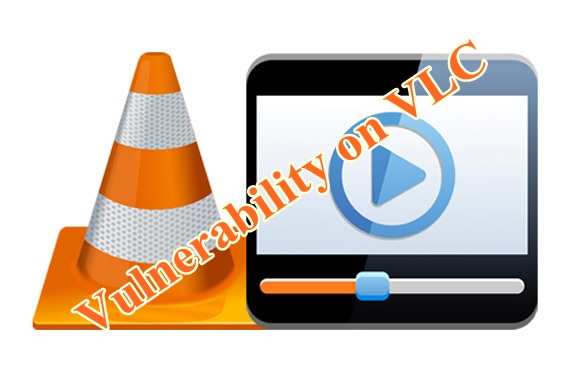A researcher by the name of Debasish Mandal has found critical command executing vulnerability on the latest versions 2.0.5 and earlier on famous VLC media playing software that can be exploited by attackers to execute malicious code on computers via ASF files. 
The developers at VLC organization have published an advisory according to which the vulnerability is located in media player’s component responsible for playing ASF (Advanced Streaming Format) video files.
The advisory states that:
Security Advisory 1302
Summary : Buffer Overflow in ASF Demuxer
Date : January 2013
Affected versions : VLC media player 2.0.5 and earlier
ID : VideoLAN-SA-1302
CVE reference : CVE-XXXX-XXXX
Details
When parsing a specially crafted ASF movie, a buffer overflow might occur.
Impact
If successful, a malicious third party could trigger an invalid memory access, leading to a crash of VLC media player’s process. In some cases attackers might exploit this issue to execute arbitrary code within the context of the application but this information is not confirmed.
Threat mitigation
Exploitation of this issue requires the user to explicitly open a specially crafted ASF movie.
Workarounds
The user should refrain from opening files from untrusted third parties or accessing untrusted remote sites (or disable the VLC browser plugins), until the patch is applied.
Alternatively, the ASF demuxer (libasf_plugin.*) can be removed manually from the VLC plugin installation directory. This will prevent ASF movie playback.
Solution
This issue is addressed in VLC media player 2.0.x source code repository by replacing a macro with a static inline and improved bounds checking.
This patch is included in VLC’s future 2.0.6 release.
Windows and Mac OS X builds can be found on the VideoLAN nightlies website.
To read complete details and advisory, visit the official website of VLC.
Source and credits: VideoLan.org
Follow @HackRead








